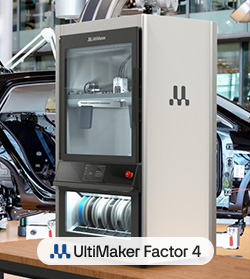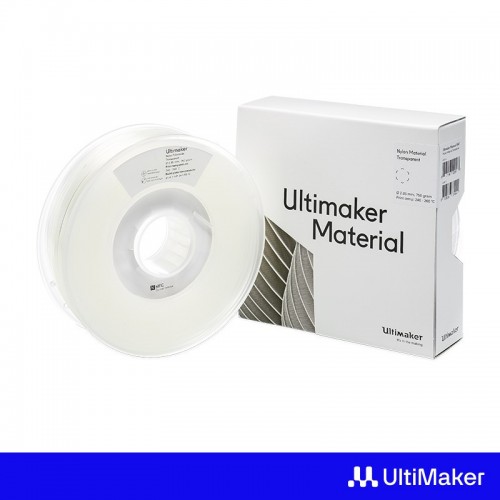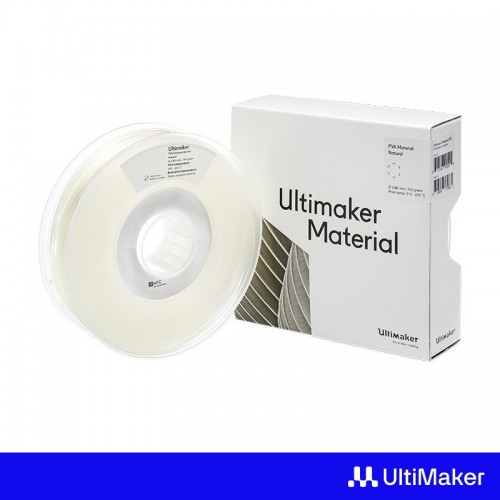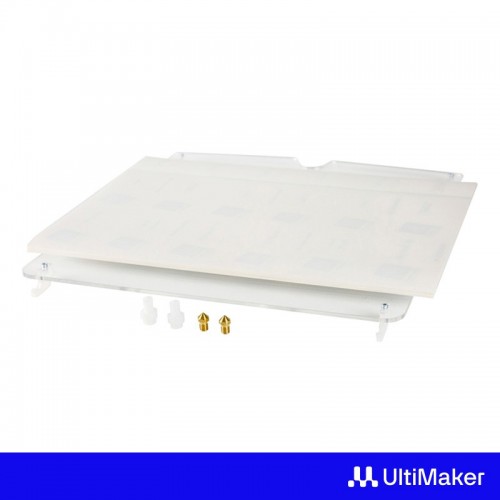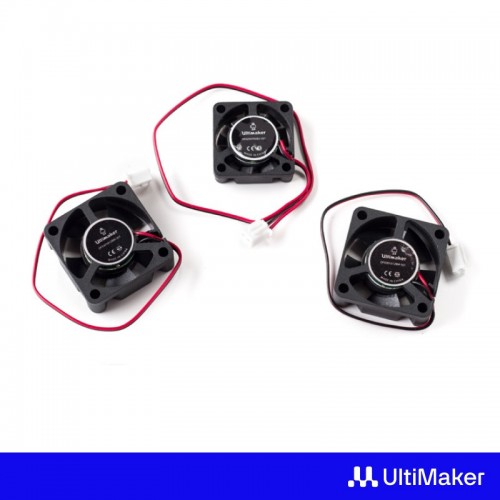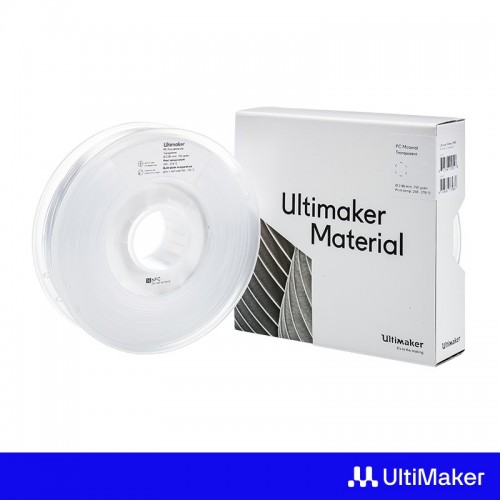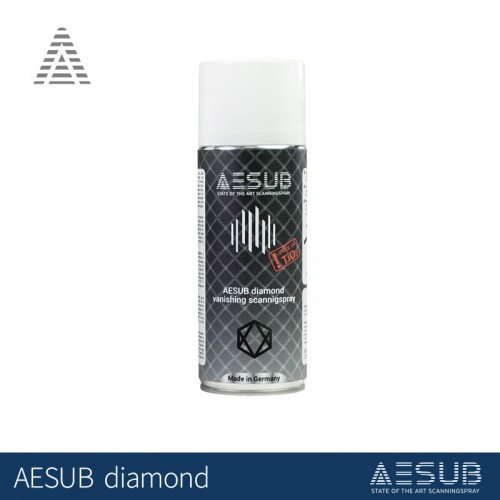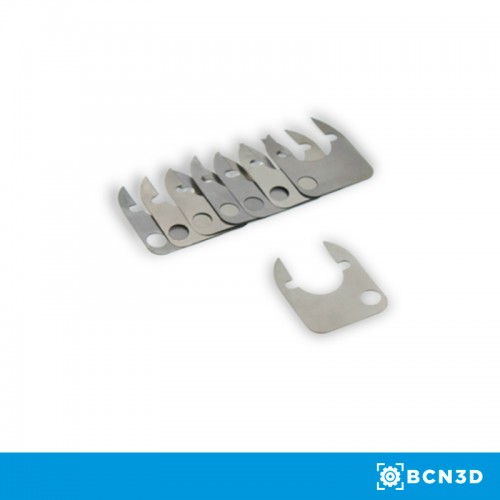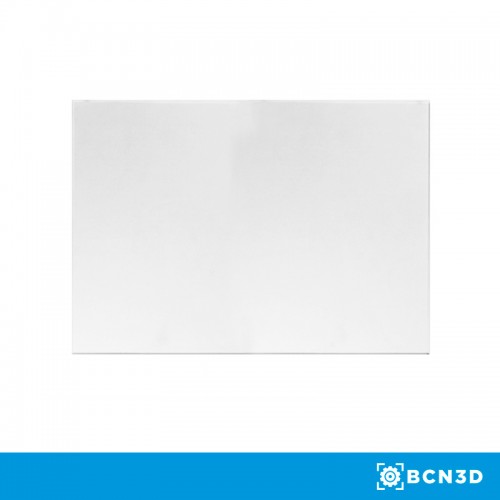- My Account
-
Sign In or Register
Sign in
or
Register
We use cookies to ensure the proper functioning of this website, analyze our traffic and, where applicable, provide additional services to users. You can choose whether to accept the use of cookies or disable them.
Cookies configuration
The Required or Functional cookies relate to the functionality of our websites and allow us to improve the service we offer to you, for example by allowing you to carry information across pages of our website to avoid you having to re-enter information, or by recognizing your preferences when you return.
These are cookies that collect information about the advertisements shown to users of the website. They can be anonymous, if they only collect information about the advertising spaces shown without identifying the user, or personalised, if they collect personal information about the user of the shop by a third party, for the personalisation of these advertising spaces.
Analytics cookies allow us to recognize and to count the number of visitors to our website, to see how visitors move around the website when they are using it and to record which content viewers view and are interested in.
These are used to improve the browsing experience and optimise the operation of the shop.
